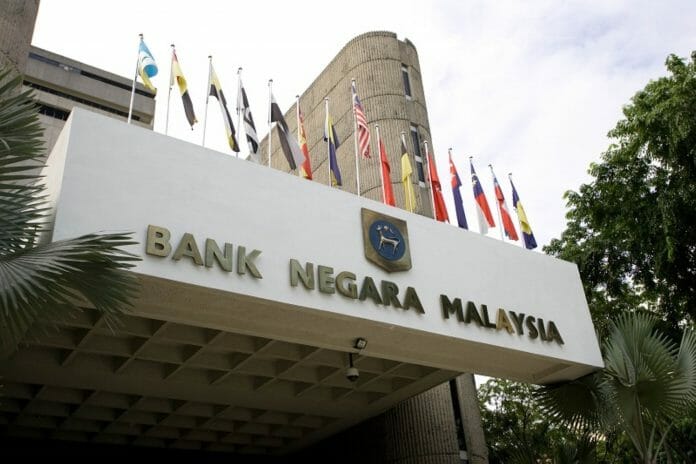According to Bank Negara Malaysia’s (BNM) Economic and Monetary Review 2020, Malaysia’s economy is set to recover this year with growth ranging from 6.0 to 7.5 percent, underpinned by stronger external demand and higher private and public expenditure.
The central bank is optimistic that the National Covid-19 Immunisation Programme will improve confidence and support the economic recovery.
“Malaysia’s integration in fast-growing segments of global value chains and diversified external trade structure, as well as continued policy support would be key factors in driving the rebound in economic growth in 2021,” BNM said.
Although headline inflation is expected to rise, it will be driven mainly by supply side factors. Underlying price pressures, on the other hand, will remain subdued with core inflation projected to be between 0.5 to 1.5 percent amid spare capacity in the economy.
Additionally, even with the Overnight Policy Rate (OPR) at a historical low of 1.75 percent, the central bank has assured that the monetary policy space will remain adequate to provide additional support to the economy if needed.
In 2020, the Monetary Policy Committee (MPC) reduced the OPR by a cumulative 125 basis points from 3 percent to 1.75 percent at four MPC meetings held in January, March, May and July 2020.
“Amid a decline in economic activity, the OPR reductions helped to ease debt servicing burdens and thus cash constraints for households, small and medium enterprises (SMEs), and corporates. The lower interest rates also reduced the cost of financing and lent support to new credit expansion and fund-raising activity.
“The policy stimulus from the significant OPR reductions in 2020 are expected to continue to have a positive impact on the economy in 2021,” BNM said.
BNM has also highlighted in its biannual Financial Stability Review 2H2020 that financial institutions remain operationally resilient and will continue to take necessary steps to further strengthen their crisis responses arrangements in face of challenges presented by the outbreak.
“The impact is expected to be less severe than in 2020 partly owing to the front-loading of provisions by banks.
“Improvements in the domestic and global economy, coupled with continued support measures, including ongoing measures by banks to engage and assist borrowers in distress, will further help sustain debt serviceability and support bank earnings,” BNM said.









